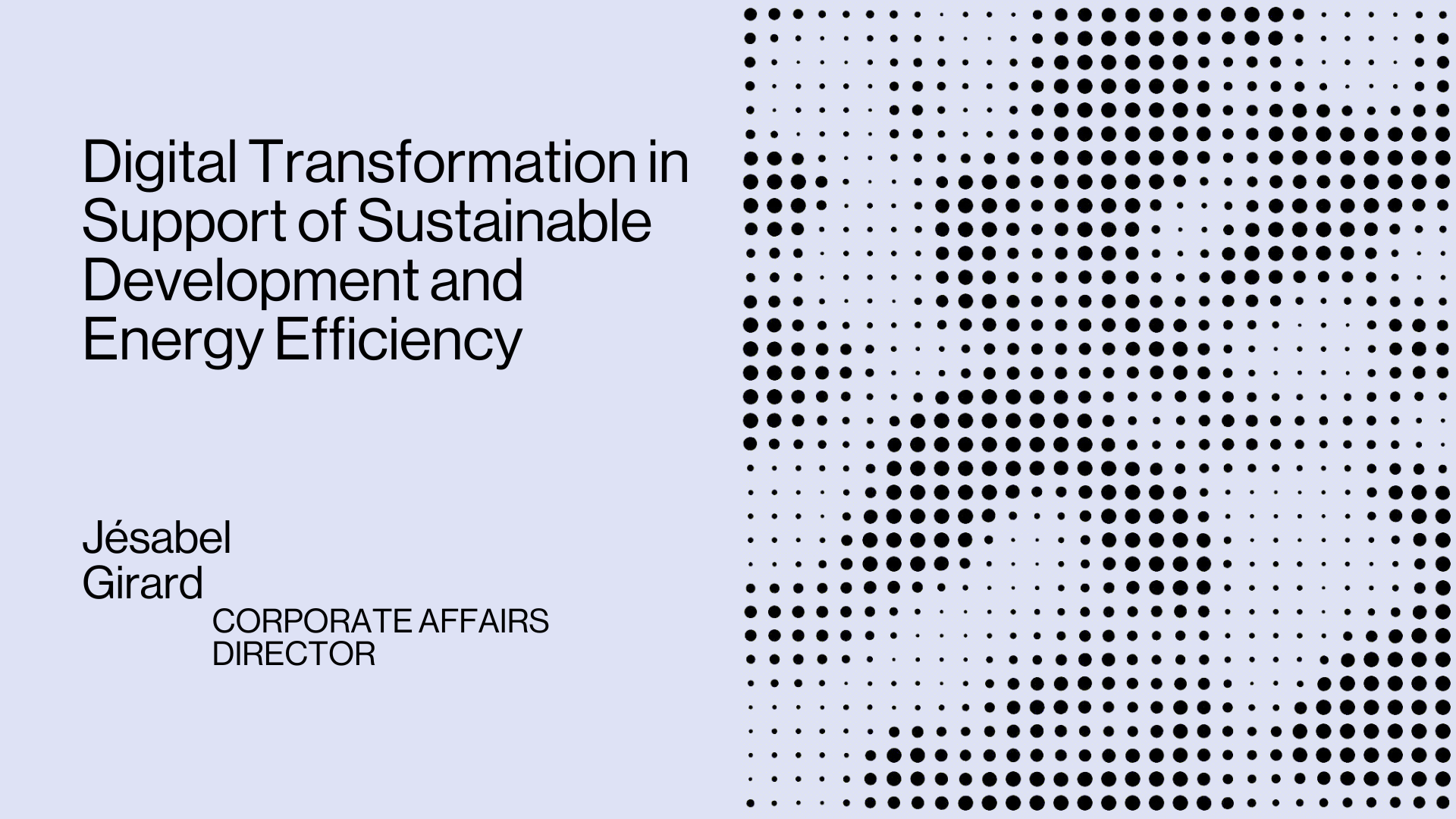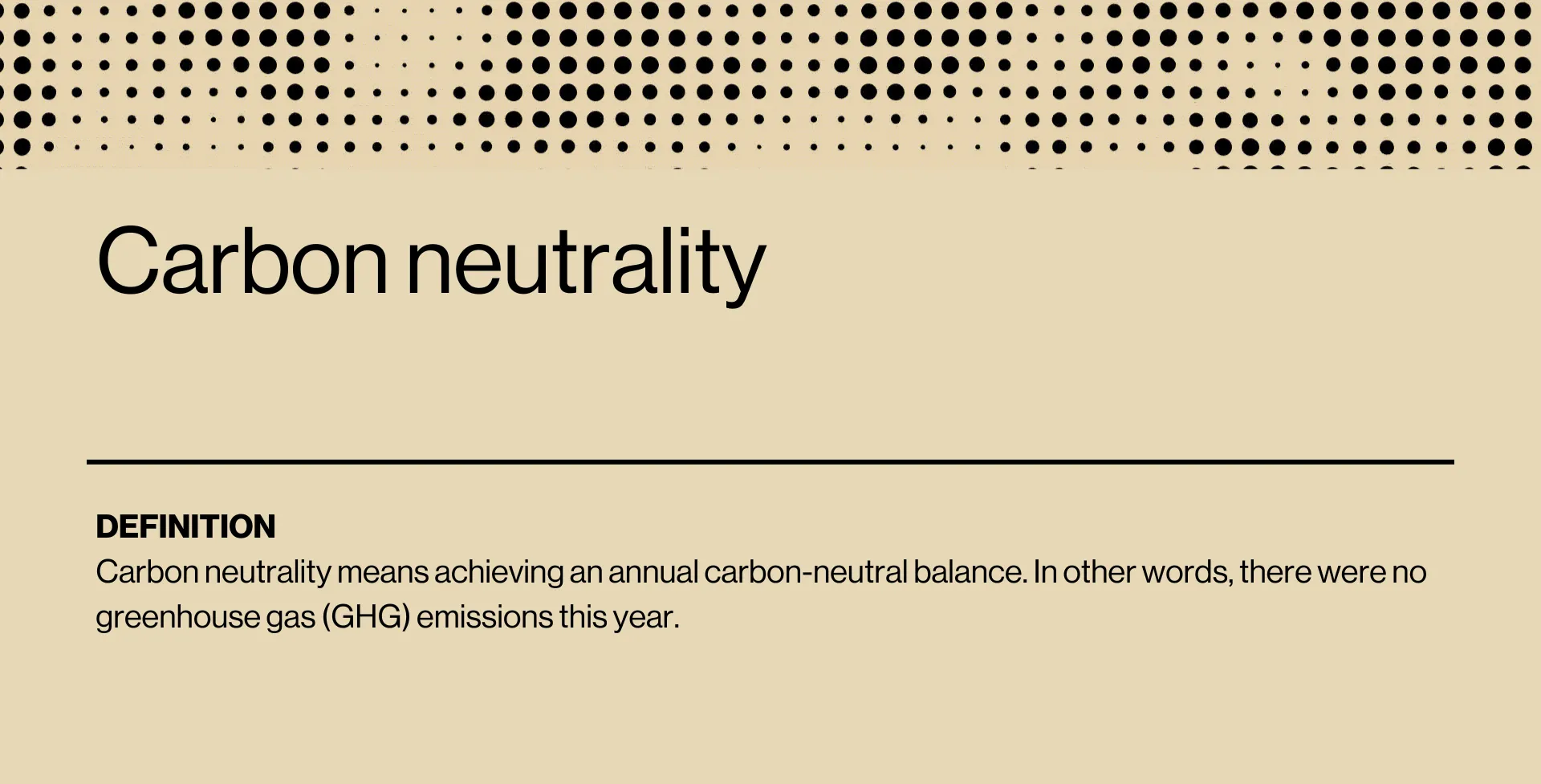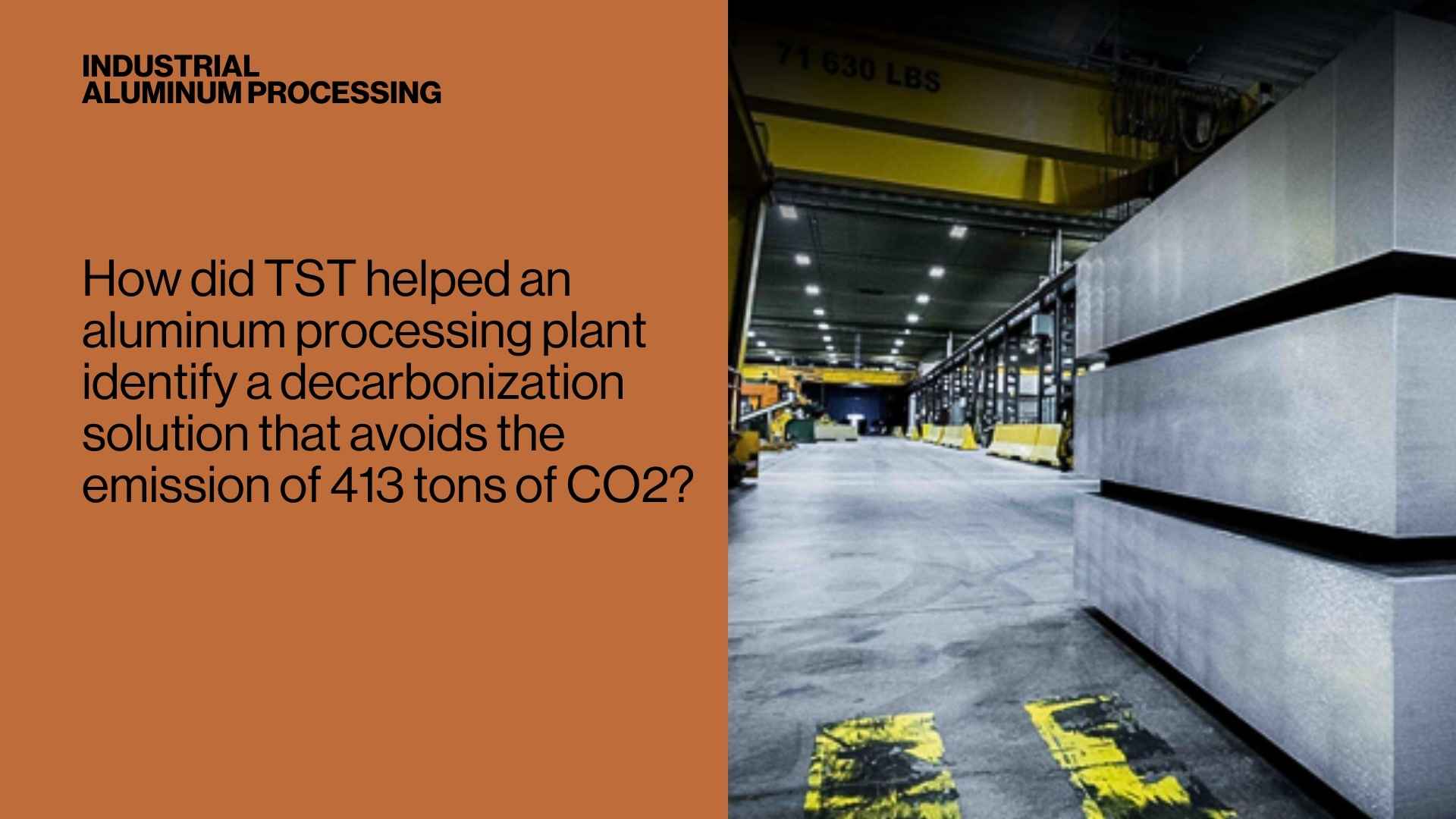Filter by category

How to Successfully Deliver a New Construction Project with LEED v5 Requirements?
Successfully delivering a new construction project with LEED v5 means recognizing that this version reinvents sustainable building practices. It focuses on decarbonization, climate resilience, and occupant well-being to deliver buildings that are more efficient, durable, and aligned with national carbon targets.
Read more
Continuous Commissioning: Beyond Compliance, Towards Performance
After initial commissioning, we often think that the building is ready to perform. In reality, it has not yet reached cruising speed. The systems work, but their real use, the habits of the occupants and the operating conditions have not yet delivered all their variables...
Read more
BOMA BEST Certification: A Strategic Asset for Sustainable, Profitable, and Compliant Buildings
The BOMA BEST certification has become an essential standard for owners and managers seeking to demonstrate the environmental performance of their operating buildings. Created by BOMA Canada, this national certification measures the real sustainability of a building through rigorous criteria
Read more
Bill C-59: How to avoid greenwashing in business — and why it's crucial
The recent adoption of an Act to implement certain provisions of the 2023 Fall Economic Statement and certain provisions of the budget tabled in Parliament on March 28, 2023 (S.C. 2024, c. 15; formerly Bill C-59) marks a turning point in how Canadian businesses can communicate...
Read more
Preparing for Construction Site Reopening After Winter: Environmental and Sustainable Management
The thaw period is a critical time for construction sites, increasing environmental risks. Managing runoff water, protecting soils, and complying with sustainability certifications—proper preparation is essential for a safe and responsible worksite reopening.
Read more
Decarbonization as a core corporate strategy: towards a sustainable ecological transition
By adopting a proactive approach and integrating energy transition into their overall strategy, companies can not only contribute to the fight against climate change, but also ensure their own long-term sustainability and prosperity.
Read more
A successful ecological transition thanks to thoughtful budgeting
Adopting an ambitious ESG strategy is within the reach of any company ready to invest in a sustainable future. With proper planning and support from incentive programs, energy efficiency initiatives and sustainability projects address environmental challenges and contribute to long-term success and competitiveness of your portfolio.
Read more
Sustainable development certifications for buildings
De nombreuses certifications et formes de reconnaissance en développement durable existent pour les bâtiments et les infrastructures. Pour bien choisir parmi ces options, une compréhension approfondie de ces dernières s’avère essentielle. Heureusement, chez TST, notre expertise nous permet d’accompagner les entreprises dans leur démarche
Read more
Dual-energy and energy pricing: another step towards sustainability
The dual-energy program, launched jointly by Hydro-Québec, Énergir and the Ministère des Ressources naturelles et des Forêts, is designed to reduce greenhouse gas (GHG) emissions while minimizing the impact on winter peak electricity demand. In this article, explore with us the program's mechanisms, its implications for new construct...
Read more
Optimizing Refrigeration Systems: Savings Within Reach
Refrigeration systems often account for more than 50% of the energy bill in the buildings where they are located. However, despite their importance, they are often managed without considering their environmental impact. How can frequent malfunctions be resolved to optimize these systems?
Read more
Integrating Energy Efficiency Early in a Project: A Strategic Advantage, Not a Barrier!
Many believe that adding energy efficiency measures to a construction project (whether new or existing) will push back deadlines and drive costs up. In reality, when integrated at the right time — that is, at the start of the design phase — these measures help reduce overall costs and optimize timelines, while improving building perf...
Read more
The environmental impact of recommissioning (RCx)
Many believe that optimizing a building's energy efficiency involves major investment and complex modifications. However, recommissioning (RCx) proves that it is possible to improve energy performance while reducing costs and carbon footprint, simply by optimizing existing equipment.
Read more
How can decarbonization initiatives be implemented?
Environmental concerns are in the news more than ever, reflecting both the urgency of the climate crisis and our growing willingness to act. This momentum, while positive, is sometimes accompanied by hasty decisions. To avoid these, a structured, well-planned approach is crucial.
Read more
How to Develop a Decarbonization Plan?
Today, decarbonization has become a strategic imperative for businesses. As climate challenges multiply, integrating an effective decarbonization plan has emerged as a powerful approach to reducing carbon footprints, meeting stakeholder expectations, and preparing for future environmental regulations.
Read more
How to Successfully Deliver a New Construction Project with LEED v5 Requirements?
Successfully delivering a new construction project with LEED v5 means recognizing that this version reinvents sustainable building practices. It focuses on decarbonization, climate resilience, and occupant well-being to deliver buildings that are more efficient, durable, and aligned with national carbon targets.
Read more
Continuous Commissioning: Beyond Compliance, Towards Performance
After initial commissioning, we often think that the building is ready to perform. In reality, it has not yet reached cruising speed. The systems work, but their real use, the habits of the occupants and the operating conditions have not yet delivered all their variables...
Read more
BOMA BEST Certification: A Strategic Asset for Sustainable, Profitable, and Compliant Buildings
The BOMA BEST certification has become an essential standard for owners and managers seeking to demonstrate the environmental performance of their operating buildings. Created by BOMA Canada, this national certification measures the real sustainability of a building through rigorous criteria
Read more
Bill C-59: How to avoid greenwashing in business — and why it's crucial
The recent adoption of an Act to implement certain provisions of the 2023 Fall Economic Statement and certain provisions of the budget tabled in Parliament on March 28, 2023 (S.C. 2024, c. 15; formerly Bill C-59) marks a turning point in how Canadian businesses can communicate...
Read more
Preparing for Construction Site Reopening After Winter: Environmental and Sustainable Management
The thaw period is a critical time for construction sites, increasing environmental risks. Managing runoff water, protecting soils, and complying with sustainability certifications—proper preparation is essential for a safe and responsible worksite reopening.
Read more
Decarbonization as a core corporate strategy: towards a sustainable ecological transition
By adopting a proactive approach and integrating energy transition into their overall strategy, companies can not only contribute to the fight against climate change, but also ensure their own long-term sustainability and prosperity.
Read more
A successful ecological transition thanks to thoughtful budgeting
Adopting an ambitious ESG strategy is within the reach of any company ready to invest in a sustainable future. With proper planning and support from incentive programs, energy efficiency initiatives and sustainability projects address environmental challenges and contribute to long-term success and competitiveness of your portfolio.
Read more
Sustainable development certifications for buildings
De nombreuses certifications et formes de reconnaissance en développement durable existent pour les bâtiments et les infrastructures. Pour bien choisir parmi ces options, une compréhension approfondie de ces dernières s’avère essentielle. Heureusement, chez TST, notre expertise nous permet d’accompagner les entreprises dans leur démarche
Read more
Dual-energy and energy pricing: another step towards sustainability
The dual-energy program, launched jointly by Hydro-Québec, Énergir and the Ministère des Ressources naturelles et des Forêts, is designed to reduce greenhouse gas (GHG) emissions while minimizing the impact on winter peak electricity demand. In this article, explore with us the program's mechanisms, its implications for new construct...
Read more
Optimizing Refrigeration Systems: Savings Within Reach
Refrigeration systems often account for more than 50% of the energy bill in the buildings where they are located. However, despite their importance, they are often managed without considering their environmental impact. How can frequent malfunctions be resolved to optimize these systems?
Read more
Integrating Energy Efficiency Early in a Project: A Strategic Advantage, Not a Barrier!
Many believe that adding energy efficiency measures to a construction project (whether new or existing) will push back deadlines and drive costs up. In reality, when integrated at the right time — that is, at the start of the design phase — these measures help reduce overall costs and optimize timelines, while improving building perf...
Read more
The environmental impact of recommissioning (RCx)
Many believe that optimizing a building's energy efficiency involves major investment and complex modifications. However, recommissioning (RCx) proves that it is possible to improve energy performance while reducing costs and carbon footprint, simply by optimizing existing equipment.
Read more
How can decarbonization initiatives be implemented?
Environmental concerns are in the news more than ever, reflecting both the urgency of the climate crisis and our growing willingness to act. This momentum, while positive, is sometimes accompanied by hasty decisions. To avoid these, a structured, well-planned approach is crucial.
Read more
How to Develop a Decarbonization Plan?
Today, decarbonization has become a strategic imperative for businesses. As climate challenges multiply, integrating an effective decarbonization plan has emerged as a powerful approach to reducing carbon footprints, meeting stakeholder expectations, and preparing for future environmental regulations.
Read more


























